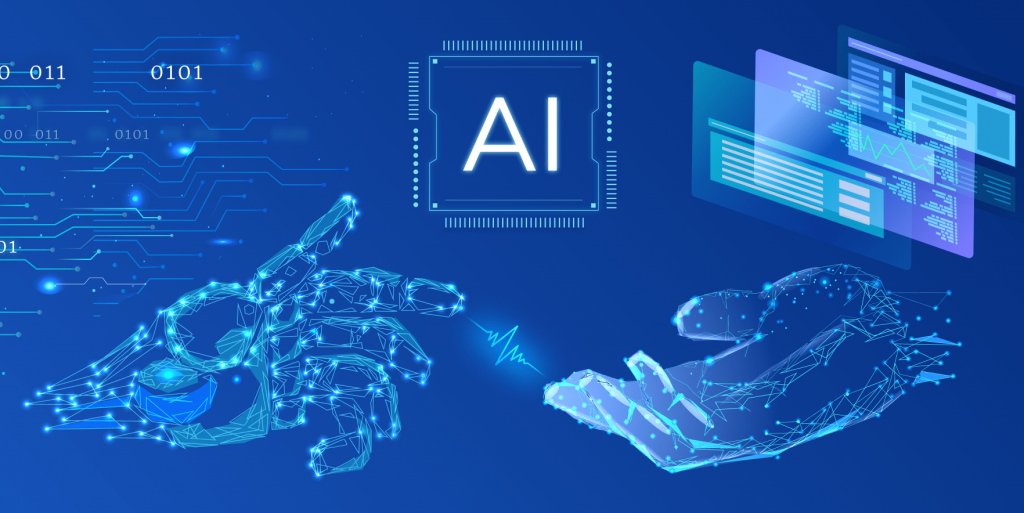I created over a dozen personal apps using AI in 60 days, here's ...
Recently, the software industry witnessed a significant shift when Meta’s Mark Zuckerberg and Google's Sundar Pichai made statements about the increasing role of AI in software development. This shift towards AI-generated code has made software creation more accessible than ever, even for individuals without a coding background.

Impact of AI on App Development
AI's impact on the app market was evident well before this shift. The release of the Claude Sonnet 3.5 model by Anthropic and the open-source product Bolt.new revolutionized the way people interact with programming. These tools enabled non-programmers to create apps simply by providing text prompts, making app development accessible to everyone.
My journey into app development began by experimenting with various products like Tempo, Pythagora, Marblism, Github Spark, and WindSurf. Despite trying out different tools, I found myself consistently returning to Bolt and a Windows app called CodeCompanion due to their affordability, flexibility, and ease of use.
Creating Personal Apps
Over the past few months, I have successfully developed over 15 different software applications. While these apps may not be groundbreaking, they serve as useful tools for my personal needs. From basic utilities like image background removers and QR code generators to innovative inventory management apps, each project has been a learning experience.

Despite my limited programming skills, I have gained valuable insights into the app development process through this experiment. It is important to set realistic expectations and start with simpler projects before tackling more complex applications.

The Role of AI in Coding
While AI coding tools have simplified app development, basic technical knowledge is still essential. Understanding file structures, databases, and computer fundamentals is crucial for efficient app creation. Additionally, deploying apps and making them accessible to users require a solid grasp of these concepts.
One of the standout features of Bolt is its one-click deployment to Netlify.com, ensuring instant availability of your app to a global audience.
Challenges and Recommendations
Despite the advancements in AI coding, tools like the Claude Sonnet 3.5 model remain pivotal in app development. By familiarizing yourself with the limitations and strengths of AI tools, you can optimize your coding process and improve your results.

As a novice app developer, utilizing tools like Bolt.new and Bolt.diy can help you refine your ideas before transitioning to more advanced models. Building computing expertise gradually will enhance your app development skills and ensure better outcomes.
While we are still in the early stages of AI-driven software development, the future holds immense potential for innovation and growth in this field. With continuous advancements in AI models and coding tools, the app development landscape is set to evolve significantly in the coming years.




















